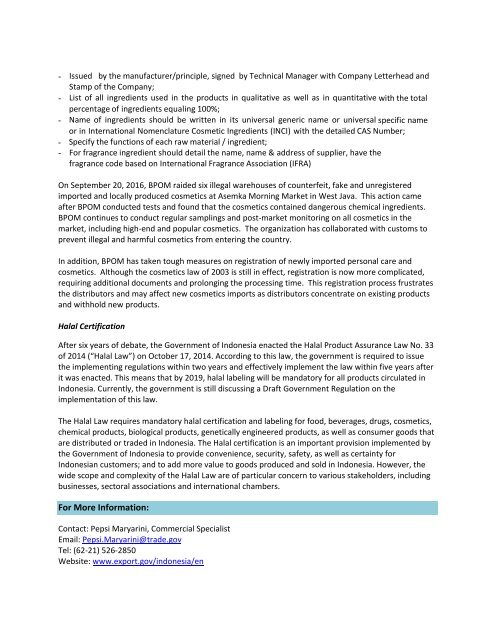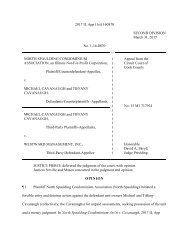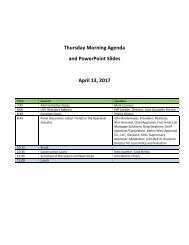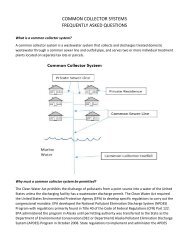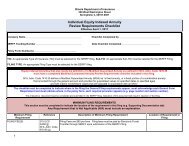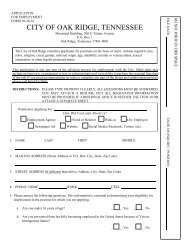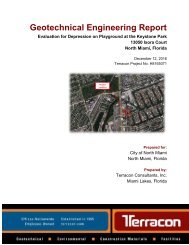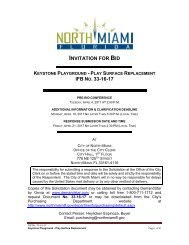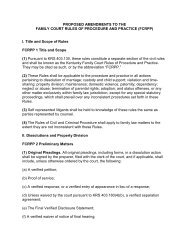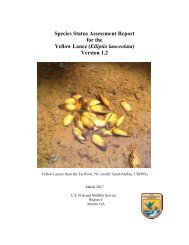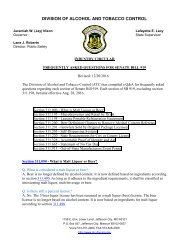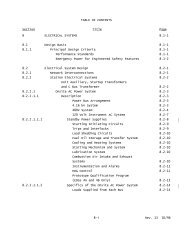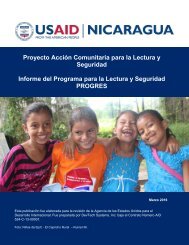Asia Personal Care & Cosmetics Market Guide 2016
AsiaCosmeticsMarketGuide
AsiaCosmeticsMarketGuide
You also want an ePaper? Increase the reach of your titles
YUMPU automatically turns print PDFs into web optimized ePapers that Google loves.
- Issued by the manufacturer/principle, signed by Technical Manager with Company Letterhead and<br />
Stamp of the Company;<br />
- List of all ingredients used in the products in qualitative as well as in quantitative with the total<br />
percentage of ingredients equaling 100%;<br />
- Name of ingredients should be written in its universal generic name or universal specific name<br />
or in International Nomenclature Cosmetic Ingredients (INCI) with the detailed CAS Number;<br />
- Specify the functions of each raw material / ingredient;<br />
- For fragrance ingredient should detail the name, name & address of supplier, have the<br />
fragrance code based on International Fragrance Association (IFRA)<br />
On September 20, <strong>2016</strong>, BPOM raided six illegal warehouses of counterfeit, fake and unregistered<br />
imported and locally produced cosmetics at Asemka Morning <strong>Market</strong> in West Java. This action came<br />
after BPOM conducted tests and found that the cosmetics contained dangerous chemical ingredients.<br />
BPOM continues to conduct regular samplings and post-market monitoring on all cosmetics in the<br />
market, including high-end and popular cosmetics. The organization has collaborated with customs to<br />
prevent illegal and harmful cosmetics from entering the country.<br />
In addition, BPOM has taken tough measures on registration of newly imported personal care and<br />
cosmetics. Although the cosmetics law of 2003 is still in effect, registration is now more complicated,<br />
requiring additional documents and prolonging the processing time. This registration process frustrates<br />
the distributors and may affect new cosmetics imports as distributors concentrate on existing products<br />
and withhold new products.<br />
Halal Certification<br />
After six years of debate, the Government of Indonesia enacted the Halal Product Assurance Law No. 33<br />
of 2014 (“Halal Law”) on October 17, 2014. According to this law, the government is required to issue<br />
the implementing regulations within two years and effectively implement the law within five years after<br />
it was enacted. This means that by 2019, halal labeling will be mandatory for all products circulated in<br />
Indonesia. Currently, the government is still discussing a Draft Government Regulation on the<br />
implementation of this law.<br />
The Halal Law requires mandatory halal certification and labeling for food, beverages, drugs, cosmetics,<br />
chemical products, biological products, genetically engineered products, as well as consumer goods that<br />
are distributed or traded in Indonesia. The Halal certification is an important provision implemented by<br />
the Government of Indonesia to provide convenience, security, safety, as well as certainty for<br />
Indonesian customers; and to add more value to goods produced and sold in Indonesia. However, the<br />
wide scope and complexity of the Halal Law are of particular concern to various stakeholders, including<br />
businesses, sectoral associations and international chambers.<br />
For More Information:<br />
Contact: Pepsi Maryarini, Commercial Specialist<br />
Email: Pepsi.Maryarini@trade.gov<br />
Tel: (62-21) 526-2850<br />
Website: www.export.gov/indonesia/en


